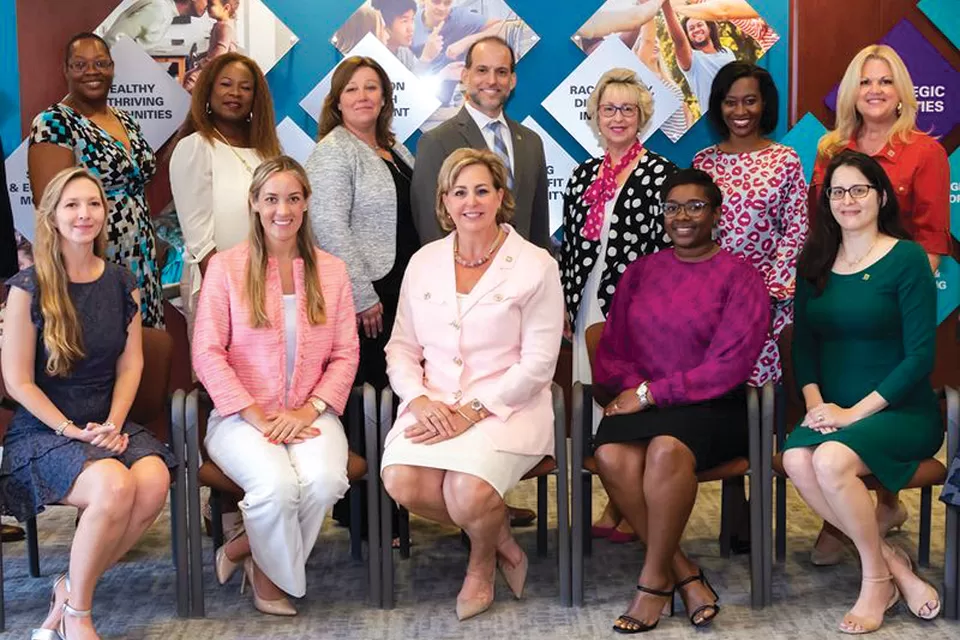
A new study produced for the Community Foundation of Broward examines charitable giving patterns in Broward County, Fla., and reveals opportunities to nurture a more vibrant culture of local philanthropy. Unlocking Opportunities: Shaping the Future of Charitable Giving in Broward County, conducted by the Indiana University Lilly Family School of Philanthropy, looks at the generosity and untapped philanthropic potential of the county. This deep dive into local giving blends data insights with perspectives from the community garnered through interviews with residents to offer recommendations for elevating philanthropy in Broward County. “This insightful report about Broward County’s giving potential shows that our community can create an even greater charitable impact if nonprofits grow and evolve their outreach and collaboration with those who want to support the community they love,” said Community Foundation of Broward President/CEO Jennifer O’Flannery Anderson, Ph.D. “Giving can be done in small and large ways. We have to foster that propensity to give.”
Key findings included:
While many of the report’s findings are unique to the Broward County community, it also includes recommendations for non-profit leaders, funders and donors elsewhere seeking to strengthen connections within their communities, including:
“Philanthropy is deeply personal, shaped by individual experiences, traditions and connections. Identifying key themes and practices that resonate with residents of Broward County and beyond equips organizations and donors with insights to deepen their philanthropic connections,” said Una Osili, Ph.D., Associate Dean for Research and International Programs at the Lilly Family School of Philanthropy. “We are pleased to collaborate with the Community Foundation of Broward to help advance that goal.”Founded in 1984, the Community Foundation of Broward partners with families, individuals and organizations to create personalized charitable funds that deliver game-changing philanthropic impact. 571 charitable funds represent $300 million in assets, distributing more than $195 million in grants over the past 40 years.

